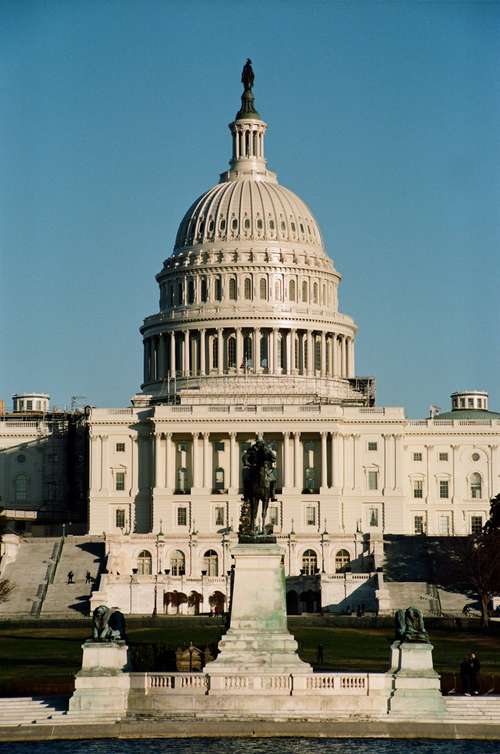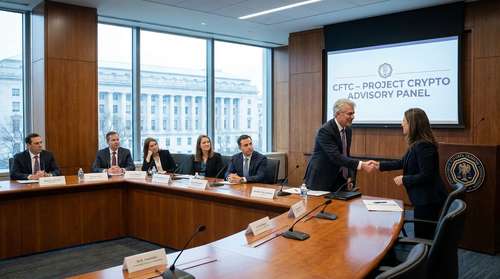In recent discussions about immigration policy and its economic consequences, Minneapolis Federal Reserve President Neel Kashkari expressed concerns about deportations and their possible impact on the U.S. labor market.
He highlighted that sweeping deportations, as proposed under the president-elect Trump’s administration, could disrupt labor in certain sectors heavily reliant on immigrant workers, affecting both businesses and overall economic stability
How Deportations Could Impact the U.S. Labor Market
Kashkari emphasized that the Trump deportation policies could significantly disrupt industries that depend on immigrant labor. These industries, including agriculture, construction, and hospitality, rely on immigrant labor for a large portion of their workforce. The U.S. labor market, already experiencing challenges with shortages in several areas, could face intensified disruptions, potentially slowing business operations and output.
In November, the Bureau of Labor Statistics reported that sectors like healthcare and construction continue to experience high demand for workers, while immigration restrictions could reduce the supply of eligible workers in these fields. Additionally, labor shortages have already contributed to increased wage demands in certain sectors, which in turn adds upward pressure on inflation.
Kashkari pointed out that if deportations were widespread, they could further increase costs for businesses that would need to replace skilled or experienced workers—a process that often takes significant time and resources. He mentioned, "If you just assume people are working—either working in farms or working in factories—and those businesses now lose employees, that would probably cause some disruption."
The Economic Impact of Immigration on the U.S
Immigrants often take on crucial roles in the labor market, driving growth and stability. However, the sudden removal of these workers could lead to a host of economic issues. Neel Kashkari comments that the full impact of such deportations is uncertain and depends on how businesses and policymakers respond.
He noted, "It's really challenging to figure out how the economy would adjust to this sudden change." Broad-based deportations could lead to "a lot of unintended consequences," affecting not only businesses but also local economies dependent on immigrant labor. Small towns with large immigrant populations might face economic downturns as businesses struggle to replace deported workers.
Moreover, immigrants are not just workers but also consumers. Their departure could decrease demand for goods and services, slowing down economic growth. Kashkari warned that broad-based deportations might have ripple effects, impacting everything from local economies to national economic stability.
Broader Inflation Concerns
The Fed’s focus is on stabilizing inflation, and mass deportations could complicate these efforts. Kashkari emphasized that workforce reductions in critical sectors might contribute to inflationary pressures, especially in industries already experiencing tight labor markets.
Kashkari’s remarks draw attention to the dual impact of workforce disruptions and inflation, with both posing significant risks to economic stability. While the Federal Reserve continues to focus on policies that address inflation, Kashkari notes that the potential loss of immigrant labor could make achieving these goals more challenging.
The consequences of such deportation policies, if implemented, could lead to reduced economic resilience and less flexibility in managing inflation.
Wrapping It Up
Kashkari’s comments emphasize the relationship between immigration policies, the U.S. labor market, and economic stability. As the President-elect Trump administration considers stricter deportation measures, Kashkari’s analysis serves as a cautionary insight into the potential economic downsides of reducing the immigrant workforce.




